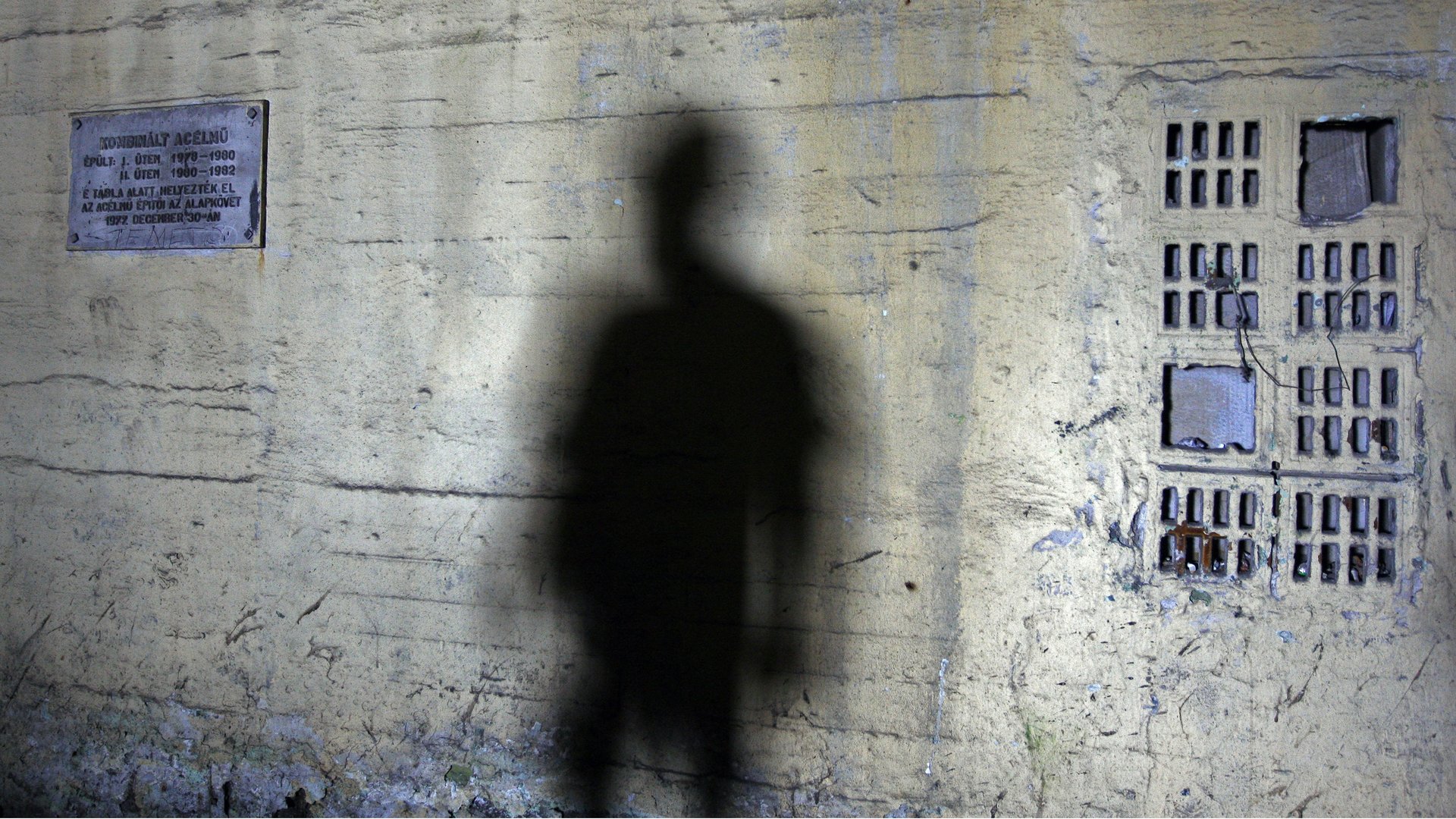Every nation has a shadow, according to Jungian scholars, and the cost of not facing it is dire
At a time when many nations are struggling to come to grips with darker elements in society, the Japanese author Haruki Murakami has offered global advice, seemingly shaped by 20th century psychiatrist Carl Jung, on the importance of recognizing our shadows.


At a time when many nations are struggling to come to grips with darker elements in society, the Japanese author Haruki Murakami has offered global advice, seemingly shaped by 20th century psychiatrist Carl Jung, on the importance of recognizing our shadows.
“Just as all people have shadows, every society and nation, too, has shadows. If there are bright, shining aspects, there will definitely be a counterbalancing dark side,” Murakami said in his acceptance speech for the Hans Christian Andersen Literature Award 2016 on Oct. 30. He added:
“At times, we tend to avert our eyes from the shadow, those negative parts, or else, try to forcibly eliminate those aspects. No matter how high a wall we build to keep intruders out, no matter how strictly we exclude outsiders, no matter how much we rewrite history to suit us, we just end up damaging and hurting ourselves.”
Though he didn’t explicitly reference Jung, his words are a clear exploration of the ideas in the psychiatrist’s work. Jung believed that the brighter the light, the darker the shadow, explains psychologist Angelina Bennet, whose book, The Shadows of Type, explores Jungian ideas. Everyone has elements of themselves that they suppress and ignore, argued Jung, and these parts of ourselves make up our shadow. The more loudly we celebrate a particular idea, the stronger the inverse idea that lurks in our unconscious.
Just as individuals have shadows, so do societies and nations. And, according to Jung’s theory, it’s important to be aware of your shadow in order to manage it. “If you’re aware of it, you can have more control over it instead of it controlling you,” says Bennet. “The more things are being repressed, hidden and denied, [the more likely] they will emerge in other ways.”
Though Murakami’s comments about a wall may not be a direct reference to Trump’s plans to build a wall, Jung’s ideas are certainly relevant to the US at the moment.
“The States is a big country with a big ego and therefore theoretically it would follow that there’s a big shadow,” says Bennet. “The country that says they’re the land of the free and multicultural does have one of the biggest racism problems. The message they tell themselves from the ego has a massive dark side to it somewhere.”
Stephanie Fariss, a Jungian analyst who has a private practice in Chicago, agrees that, “We [the US] have many shadows, many struggles with shadow.”
Refusal to acknowledge shadows likely influences racism and sexism in the US, she says, as people project “something they don’t want to acknowledge in themselves,” onto other groups in society, such as women, immigrants, or different racial groups. For example, if men suppress traditional feminine qualities, it can feel threatening to then see a woman with those qualities running as president. Ignoring our shadow can be dangerous, as it means darker elements will likely manifest in uncontrollable ways, but it does help us feel more secure, says Fariss.
“Facing one’s shadow means allowing someone to be very vulnerable instead of secure and closed off and powerful,” she adds.
But, as Marukami said, it’s important to acknowledge the darkness within. Jung’s writing may be more than a century old but his ideas are “definitely relevant,” says Bennet, “both for individuals and collectively.”